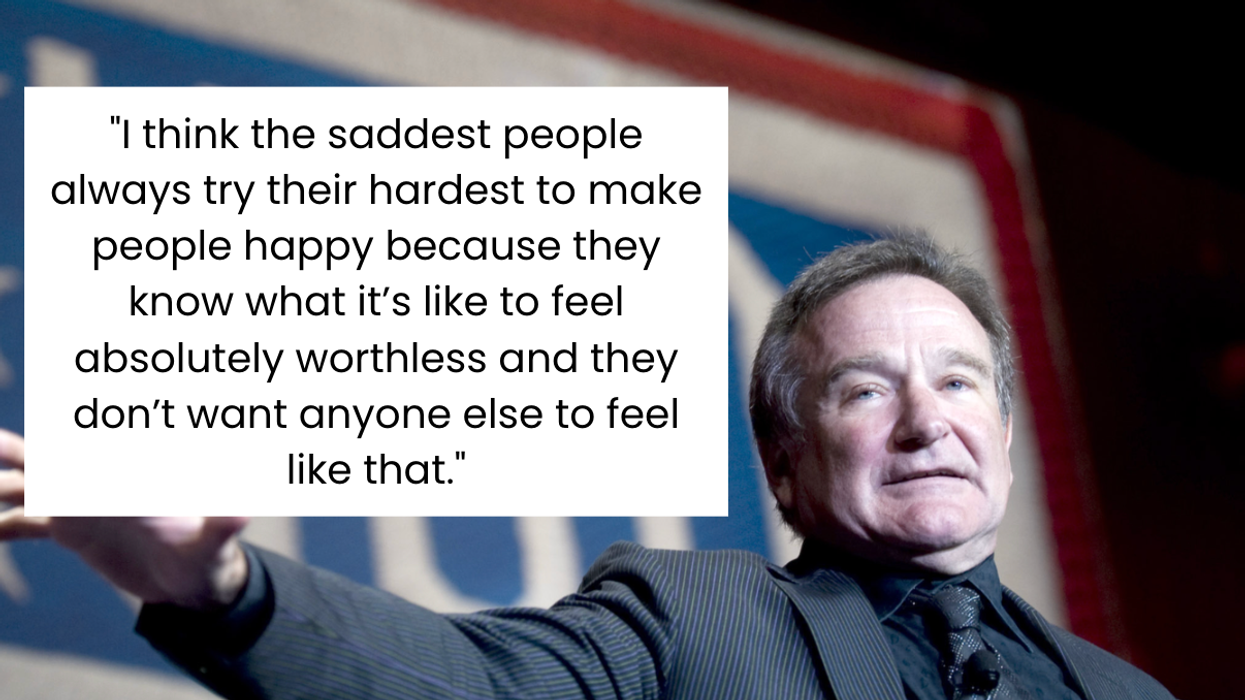Mike Pence, the current vice president and one of the country’s most notoriously anti-LGBTQ politicians, is scheduled to lead the U.S. Olympic delegation at the 2018 Winter Games in Pyeongchang, South Korea.
It’s a decision that’s not sitting well — to say the least — with Adam Rippon, the first openly gay man to qualify for the U.S. Winter Olympics team. Rippon made the team on Jan. 7.
In an interview with USA Today, Rippon said, “You mean Mike Pence, the same Mike Pence that funded gay conversion therapy? I’m not buying it.”
Yes, that Mike Pence. Conversation therapy, or “pray away the gay” therapy, is a much-derided practice based that has been banned in nine states and condemned by both the American Medical Association and the American Psychological Association. The assertion that Pence supports it stems from his 2000 run for a seat in the House of Representatives in which his official position was: “Resources should be directed toward those institutions which provide assistance to those seeking to change their sexual behavior.” He also advocated stripping funding from organizations that “celebrate and encourage the types of behaviors that facilitate the spreading of the HIV virus.”
In that same campaign document, Pence also came out against marriage equality, stating, “Congress should oppose any effort to put gay and lesbian relationships on an equal legal status with heterosexual marriage.”
[quote position="full" is_quote="true"]I wouldn’t go out of my way to meet somebody like that.[/quote]
After being named Trump’s running mate, Pence’s spokesperson denied that he had been referring to conversion therapy. Instead, as Pence told The New York Times he merely meant that the federal government should encourage safe sexual practices — though the spokesperson failed to cite any specific organizations that Pence believed should receive or lose federal funding.
Rippon also questioned how a devout Christian like Pence could overlook Trump’s behavior that openly seems to contradict the tenets of Christianity. Further, he said he’d be loath to spend time prior to the competition with someone like Pence, who has expressed views that Rippon’s sexual orientation is a sign of being “sick,” adding, “I wouldn’t go out of my way to meet somebody like that.”
That said, if Pence was willing to meet following the competition, Rippon would be happy to sit down for a friendly chat and hopefully dispel a few retrograde myths:
“He seems more mild-mannered than Donald Trump. … But I don’t think the current administration represents the values that I was taught growing up. Mike Pence doesn’t stand for anything that I really believe in.”
In a statement, the vice president’s office reiterated that he was proud to have been selected as lead delegate, but with regards to Rippon’s comments about conversion therapy, he repeated his past denials. “This accusation is totally false and has no basis in fact. Despite these misinformed claims, the vice president will be enthusiastically supporting all the U.S. athletes competing next month in Pyeongchang,” the statement read.
Even if you’re willing to give Pence the benefit of the doubt, it’s far from the only instance where he backed anti-LGBTQ policies. In 2006, he railed against marriage equality, stating that allowing homosexual couples equal rights would lead to doom. “Societal collapse was always brought about following an advent of the deterioration of marriage and family,” he said. Naturally, Pence also has stated he believes that homosexuality is a choice. When President Obama planned to repeal “Don’t Ask, Don’t Tell,” the Bill Clinton-era directive that barred openly gay people from serving in the armed forces, Pence was against the idea. Per The New Yorker, Pence’s anti-LGBTQ sentiments are so widely known that even Trump reportedly joked, “Don’t ask that guy about gay rights issues. He wants to hang them all!”
As governor of Indiana, Pence went further. Much further. As an AIDS outbreak sprung up in rural Indiana, Pence refused to allow the distribution of clean needles, despite being told by the Center for Disease Control and Prevention that it could alleviate the spread of the disease. And in 2015 he backed the Religious Freedom and Restoration Act an onerous bit of legislation that allowed private businesses to use “religious liberty” as a defense if they chose to discriminate against LGBTQ citizens. It backfired spectacularly — to the point that NCAA threatened to pull its offices out of the state if the bill became law. Faced with overwhelming public pressure, Pence caved.
Rippon has refused to retract any comments offered in Tuesday’s USA Today interview, particularly those in which he questioned the vice president’s faith.
“[F]or Mike Pence to say he’s a devout Christian man is completely contradictory,” he said. “If he’s okay with what’s being said about people and Americans and foreigners and about different countries that are being called ‘s—holes,’ I think he should really go to church.”
















 Robin Williams performs for military men and women as part of a United Service Organization (USO) show on board Camp Phoenix in December 2007
Robin Williams performs for military men and women as part of a United Service Organization (USO) show on board Camp Phoenix in December 2007 Gif of Robin Williams via
Gif of Robin Williams via 
 People on a beautiful hike.Photo credit:
People on a beautiful hike.Photo credit:  A healthy senior couple.Photo credit:
A healthy senior couple.Photo credit:  A diverse group of friends together.Photo credit:
A diverse group of friends together.Photo credit:  A doctor connects with a young boy.
A doctor connects with a young boy.  Self talk in front of the mirror.Photo credit:
Self talk in front of the mirror.Photo credit:  Lightbulb of ideas.Photo credit
Lightbulb of ideas.Photo credit 

 Superstructure of the Kola Superdeep Borehole, 2007
Superstructure of the Kola Superdeep Borehole, 2007 

